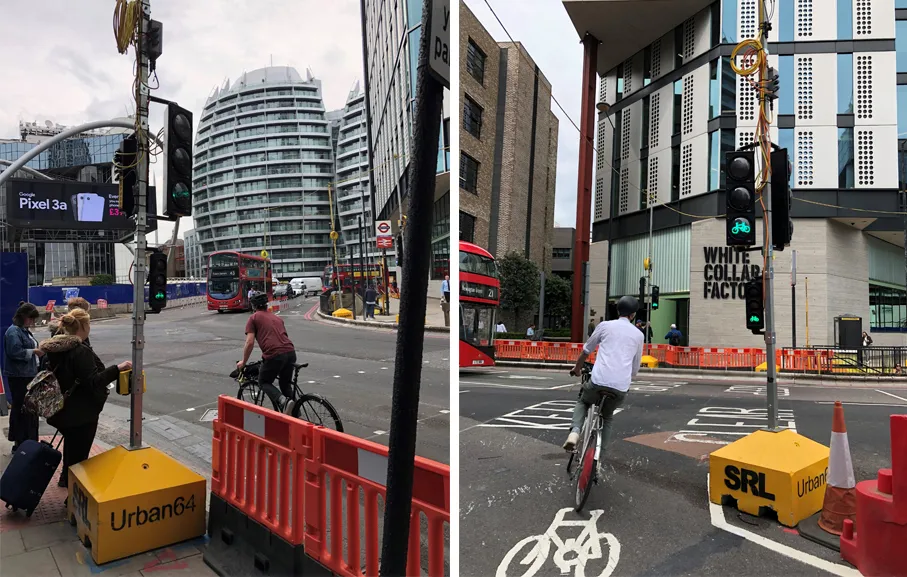Sydney, Australia is to trial connected technology in a bid to tackle congestion by reducing the number of times trucks stop at traffic signals.
Minister for Roads Duncan Gay says the technology should improve travel time at more than 100 intersections across Sydney, resulting in smoother overall traffic flow for all road users.
The project, being delivered in partnership with Australian technology company Codha Wireless, will trial around 110 trucks by using the latest Cooperative Intelligent Transport System (CITS) technology, which allows vehicles to ‘talk’ to road infrastructure. As part of the trial, the smart infrastructure will be installed on key freight corridors in Sydney.
The trial will detect a heavy vehicle approaching traffic lights and provide more green time, which it is hoped will show how delays can be eased for all motorists across the whole network in the future.
The results of the project will inform the way the city incorporates connected vehicle technology on other vehicles and is a key step towards making Sydney infrastructure-ready for connected and automated vehicles in the future, according to Gay.
Sydney to trial connected technology to reduce congestion
Sydney, Australia is to trial connected technology in a bid to tackle congestion by reducing the number of times trucks stop at traffic signals. Minister for Roads Duncan Gay says the technology should improve travel time at more than 100 intersections across Sydney, resulting in smoother overall traffic flow for all road users.
May 3, 2016
Read time: 2 mins








